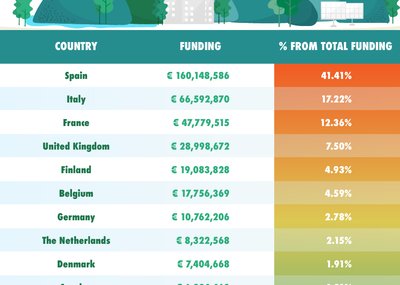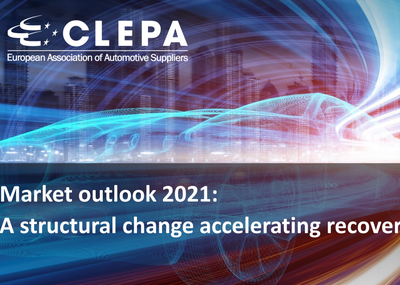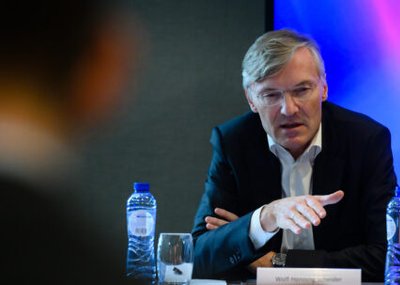Sigrid de Vries, Secretary General of CLEPA comments on the Strategy for Sustainable and Smart Mobility, adopted today by the European Commission:
“A manageable transition, for the climate, industry and employment, rests on competitive technologies such as the internal combustion engine, plug-in hybrids, fuel cell and battery electric vehicles. Only a transformation that is industrially successful and socially accepted can be sustainable politically and achieve the climate neutrality objective. A strategy that builds exclusively on battery and fuel cell electric vehicles contradicts the principle of technology openness and will neither achieve carbon neutrality nor support European competitiveness.”
The automotive suppliers in Europe, associated in CLEPA, support the Paris Agreement and the objective of climate neutrality for 2050. They are convinced that the way to climate neutrality is through a technology open environment that balances environmental, social as well as economic goals.
De Vries: “The question is not if, but how to best achieve climate neutrality. Climate policy must strive for effectiveness and efficiency in order to achieve the objective at a minimum cost to society. We underline, that an approach taking life-cycle or well-to-wheel emissions into account will create incentives for all technologies to reduce emissions and increase efficiency.”
CLEPA welcomes the Commission’s work on exploring an approach, including impact assessment, that takes into account the potential contribution of fuels from sustainable renewable sources including the option of a voluntary crediting mechanism. It is positive that the Commission considers increasing targets for renewable energy and sustainable renewable fuels in the Renewable Energy Directive (RED II) to ramp up their development and deployment.
De Vries: “Climate-neutral internal combustion with fuels from sustainable renewable sources is a viable option. Supplying renewable energy and fuels for mobility along with the necessary infrastructure must be a priority for policy makers, including for road transport and not limited to other sectors. It is positive that the Communication recognises this, and we are keen on working further on the rules and conditions to make deployment of renewable energy and sustainable fuels from renewable sources a success. The targets of 3 million public charging points by 2030 and 500 hydrogen stations by 2025 are welcome. But the need will by far exceed these numbers, specifically if the CO2 emission targets for vehicles for the year 2030 were to be made tougher.”
CLEPA stands ready to contribute to the detailed design of the rules, regulations and definitions shaping the path ahead. For one, it will be important to keep the clear distinction between pollutant emissions and carbon emissions and to maintain the focus of the respective regulations.
CLEPA welcomes the Commission's objective of designing a clear framework for artificial intelligence (AI). “Artificial intelligence is a key enabler for the automotive industry's digital transformation. AI can also contribute to reducing the impact of transport on the environment, and significantly improve road safety”, says De Vries.
CLEPA supports a horizontal AI legislation addressing only high-risk AI applications and ensuring a level playing field for all actors. These principles can be complemented with technical requirements in sector-specific regulations (either new or by modifying existing legislation), if deemed necessary.
Availability and access to data from connected vehicles is still often hampered, as the strategy correctly points out. A European Common Mobility Data Space is welcome in principle but further details on the design and objectives are required to assess its added value.
CLEPA welcomes the objective of automated mobility being deployed on a large scale by 2030 and calls on the European Commission to speed up processes to create a harmonised EU legal approach for highly-automated applications as a precondition for reaching this goal.







